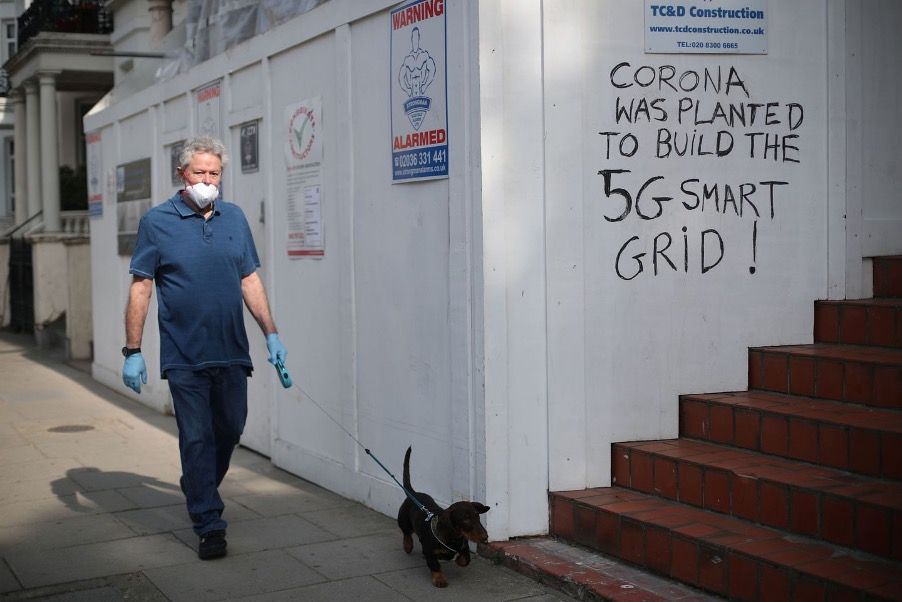Social Transmission of Misinformation: The Biggest 21st Century Virus?

Dolphins in Venice? Really? But a few weeks ago, we saw it didn’t we? The tweet that mischievously announced their siting achieved 1,000,000 likes. And we believed it. Why? Easy. In crisis mode, we search for news to fill the gaps. For good news. For hope. And that’s natural.
Now, information is like water. We need it. And, if we have any doubt about the information that supposedly trusted sources are providing to us, whether through accuracy or completeness, we look at other sources. And broadcast what we find.
If you’re in a WhatsApp group of 20, and you share ‘news'; that news only needs to be shared 5 more times for it to reach 3,200,000 accounts. It spreads like wildfire. Going viral. Igniting conspiracy theorists. And so it goes.
Much has been written about trust in recent weeks. And, it is clear that those political leaders that have adopted a style derived from a paternalistic sense that their children need to be shielded from bad news, or uncertainty, are faring worse than those that convey the understandable vulnerability that comes from uncertainty, and that are compassionate. The lesson is easy. Tell it as it is.
The same is true within businesses. Unstructured internal networks are influential. news, or rumours, spread quickly and efficiently. So, how trusted do your colleagues feel with what is on your mind?
Without openness people will sense deception, reducing trust in leaders and their policies.
And they will search for, and share, their own news.
